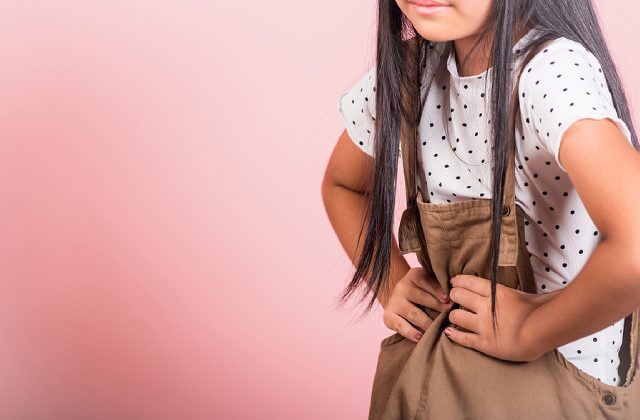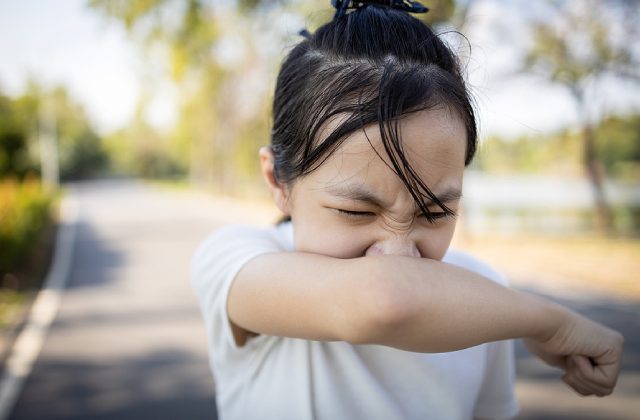
While a new school year can be exciting, many parents of children with severe allergies often have real fear regarding their child’s safety: What if their child has an allergic reaction at school? Will the school staff help their child avoid allergen exposure? Is the school equipped to handle severe allergic reactions (anaphylaxis)?
In this article, we will cover the steps you can take to keep your child safe and healthy in school.
Allergies in School
Allergic reactions may occur at school.
In the cafeteria or during class celebrations, students often bring food and drinks from their homes, which may contain allergens. Students may also come into contact with allergens such as peanuts or walnut shells during art classes.
Update Your Child’s Paperwork
Before the start of the school year, ensure that all paperwork regarding your child’s allergies and triggers is up-to-date. If your paediatrician has provided new information or your child has developed a new allergy, remember to fill in the relevant forms indicating a change.
Inform the School About Your Child’s Allergies
Prepare a comprehensive list of items your child is allergic to and send it to the school administration. This list should also include information such as the symptoms of a reaction and the medication needed.
Additionally, it is crucial to ensure your child’s teacher can recognise an allergic reaction. One way to do this is to share pictures of examples of your child’s typical reactions.
It would also help to share with the school the written plan you have developed with your paediatrician in the event of an emergency.
Reduce Allergens in the Classroom
Allergens such as nuts and seeds are often hidden ingredients in food items brought from home or the store. In some cases, nuts may not even be mentioned on the label; however, the machinery handling food items may have previously come in contact with allergens, leading to cross-contamination. Hence, consider instituting an “only-from-home” policy, where your child is only allowed to eat food from home in cases of severe allergies.
You can also consider providing your child’s teacher safe snacks to hand out when special treats are being given out.
As kindergarten and primary school students often do arts and crafts, it helps to reduce their contact with store-bought finger paint and crayons, which may contain allergens. Consider finding allergy-free versions of these items for your child to use during class.
Ensure School Staff Know How to Use an Epinephrine Pen (EpiPen)
Your child’s teacher should be taught how to use an EpiPen.
Ensure that they know the proper procedure for handling a severe allergic reaction. For example, they should know to administer the EpiPen at the start of the allergic reaction and that waiting for symptoms to intensify may lead to fatalities.
Teach your Child How to Manage Their Allergies
Teach your child to recognise what is safe to eat and be assertive when refusing food that may contain allergens.
It is also critical for children to ask for help once they feel the beginnings of an allergic reaction. Ensure that they know to describe to their teacher what their symptoms feel like.
Conclusion
As a parent of children with severe food allergies, it is critical that you are a strong advocate and educator for your child’s health. By making sufficient preparations and communicating clearly with the school, you can make sure your child’s learning experience is safe and healthy.
For more information about allergy diagnosis and management, consult Petite Practice, a paediatric allergy clinic in Katong.



